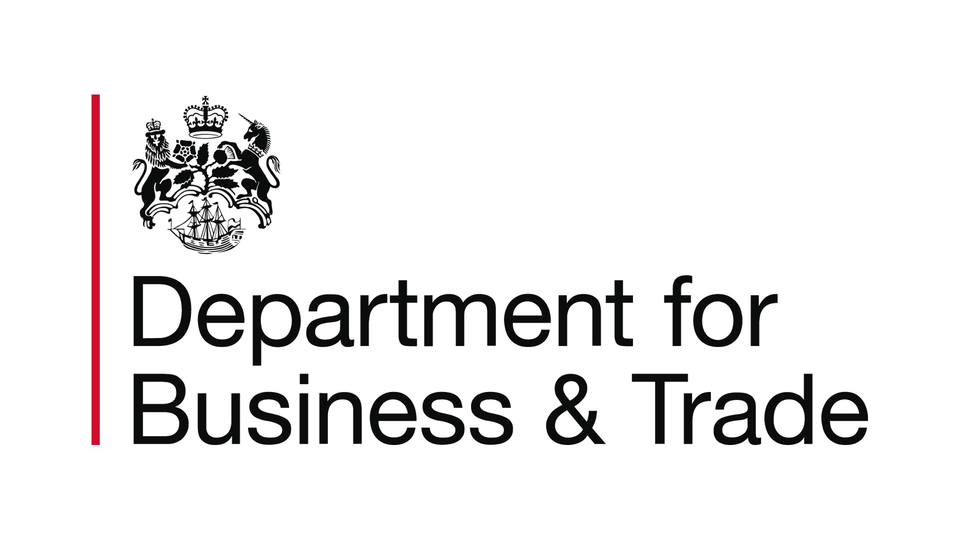Discussing the issues surrounding the road freight industry with Gavin Kelly, CEO, The Road Freight Association
Could you tell us the history of The Road Freight Association and how it benefits the industry?
The Road Freight Association (RFA) is the recognised national representative body of the road freight industry in the Republic of South Africa. RFA Members operate under Road Freight Operator Cards issued by the various Provincial Departments of Transport.
The RFA was founded in 1975 with the purpose of representing and promoting the interests of the road freight industry to address matters that affect transport operators – on a provincial, national, regional and international level. Our Mission is to promote professionalism, excellence and safety in road transport.
The RFA is a voluntary membership-based organisation that represents the interests of road freight operators in South Africa with Membership drawn from the entire industry and represents professional truck operators – from owner-drivers, micro, small and medium operators to large transport fleets.
The Members of the Association employ more than 48% of all employees in the freight and logistics sector and therefore negotiates the National Wage Agreement on behalf of all employers in the freight and logistics industry, through the principle of Collective Bargaining facilitated through the National Bargaining Council for the Road Freight and Logistics Industry (NBCRFLI).
The RFA has a Core Code that commits Members to the highest standards of professionalism that protect the image, credibility and sustainability of the road freight industry.
Our Objectives are to:
- Add value in a sustainable and professional manner to the road freight industry;
- Provide a collective voice for industry, thus representing the needs and interests of all road freight transport operators;
- Pool resources for the road freight transport industry, thus empowering Members to tackle issues that they cannot handle on an individual basis;
- Support the establishment and growth of small businesses;
- Ensure that the industry is aligned with the value system of the country; and
- Encourage the commitment of members to core values and standards.
Sustainability is a big theme currently, how are you helping road freight become greener?
Sustainability is NOT just around environmental sustainability – the common misconception that “sustainability” is just about CO2 emissions is incorrect. Sustainability is about infrastructure (ports, rails, roads), energy (fossil fuels, solar, hydrogen and LNG), workforce (4IR, AI, interface), logistics (modes, connections, interconnectivity) and products (packaging, consumer access platforms, marketing and retail).
In terms of energy sustainability, the Association currently has a team in Germany studying hydrogen options, has a dedicated team that research, discuss and drive awareness programmes relating to alternative fuel sources, engage with OEMs in terms of vehicle development and fuel development supply.
How does technology improve efficiency in the industry?
Any method / process that improves efficiency (time, stock shrinkage, stock control, route scheduling, length of trips, delays relating load and off-loading, optimum use of assets and employees, reduction in fuel consumption and emissions, reduction of incidents, improvement of general OHS within the industry) – the list is quite extensive.
The Association and its members continually strive to implement best practice methods to achieve the above.
In all cases, this has the ideal of deriving down the cost of logistics, improving the operation and flow of the logistics chain and the better efficiency in delivering goods to the consumer at affordable and sustainable business cost models.
How do you advise companies to keep their drivers safe on the road?
Companies need to ensure that they remain compliant with all the relevant regulations relating to road freight transport. From the types of operations relating to cargo and the OHS processes and related PPE and daily tasks, to the use of technology on vehicles which involve control of vehicles (steering, suspensions, braking, stability, etc), standard procedures when drivers are required to perform tasks (including maximum driving hours, minimum rest periods as detailed in the Main Agreement), debriefing after trips and incidents, constant retraining and refresher training where required, support for drivers in terms of dealing with possible incidents…
Read more latest industry news and developments in our free to download magazine.
Media contact
Anna Wood
Editor, International Trade Magazine
Tel: +44 (0) 1622 823 920
Email: editor@intrademagazine.com











